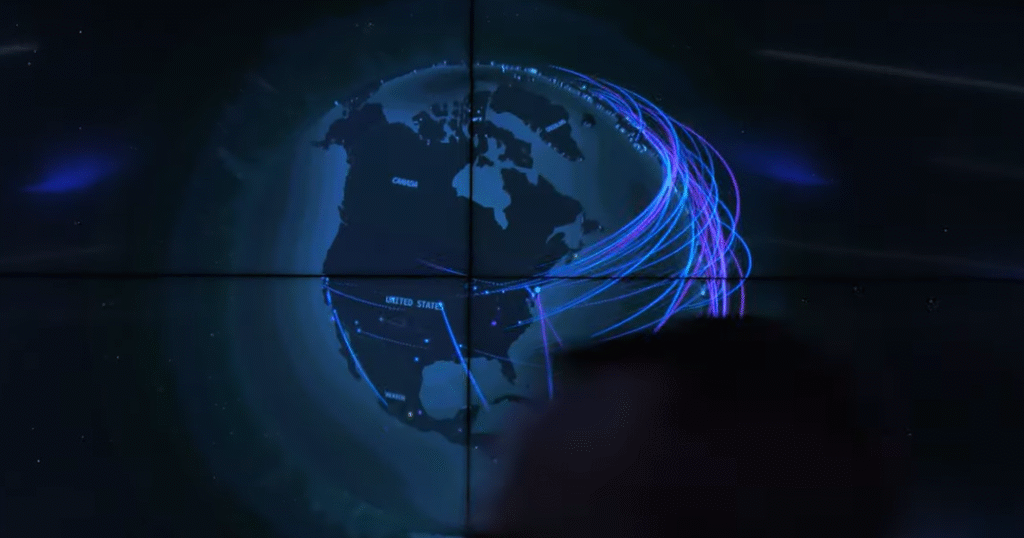Many recipients were hesitant to click on the Equifax breach settlement emails when they first arrived in their inboxes. It seemed almost counterintuitive to ask customers to trust an email that promised money in a time when fraudulent links spread like wildfire. Nevertheless, the Federal Trade Commission attested to the authenticity of these communications, and they continue to be the sole means by which claimants can obtain their long-awaited remedy. The irony was particularly evident to many Americans: the company that had caused one of the biggest data breaches in history was now sending out an email apology.
Comparable to posting half of the nation’s financial information and Social Security numbers on a billboard, the 2017 hack exposed the private information of 147 million people. There was instant outrage, which resulted in a $425 million settlement—a sum that seemed enormous at first but soon became insignificant when divided among so many victims. Some received prepaid virtual cards with cash payouts of less than $10. The meager amounts came to represent imbalance—personal losses weighed against business viability.
Email addresses like info@EquifaxBreachSettlement.com and distribution@EquifaxBreachSettlement.com are used in correspondence related to the settlement. They send recipients to Experian IdentityWorks to set up credit monitoring or to MyPrepaidCenter.com to redeem their electronic card. This seemed like a harsh test of digital trust to those who had been burned by years of spam emails. Confusion remained despite the FTC’s repeated reminders to consumers to double-check legitimacy on the official website. Verification is crucial because particularly creative scammers even imitated the format of the actual settlement emails.
Table: Key Settlement Profile
| Field | Details |
|---|---|
| Name | Equifax Inc. |
| Industry | Consumer Credit Reporting Agency |
| Headquarters | Atlanta, Georgia, United States |
| Data Breach | September 2017 – affected 147 million people |
| Settlement Amount | Up to $425 million in consumer relief |
| Settlement Administrators | FTC, CFPB, and attorneys general from all 50 U.S. states |
| Method of Payment | Electronic prepaid cards (redeemed via MyPrepaidCenter.com) |
| Legitimate Email Addresses | info@EquifaxBreachSettlement.com; distribution@EquifaxBreachSettlement.com; EquifaxDataBreachSettlement@hawkmarketplace.com |
| Verification Website | www.EquifaxBreachSettlement.com |
| Consumer Support Hotline | 1-833-759-2982 |
| Authentic Reference | Federal Trade Commission – www.ftc.gov/equifax |

Settlement recipients posted their stories on Facebook and Reddit, frequently with a hint of resentment mixed with humor. While one user complained about inactivity fees eating up their balance, another made a joke about spending their $7.43 on coffee. Despite being humorous, these anecdotes reveal a deeper frustration. Instead, payments that were supposed to symbolize justice brought attention to the disconnect between consumer impact and corporate accountability. Although the money was actual, it felt noticeably less valuable both practically and symbolically.
Prominent pundits likened the settlement rollout to other instances of digital embarrassment in culture. On his show, John Oliver once analyzed the ridiculousness of corporate fines, which appear enormous in the news but are remarkably ineffectual at altering behavior. This criticism was echoed in the Equifax settlement email, which mentioned that the prepaid cards were worth little more than a sandwich. It served as a reminder to customers that settlements frequently function more like corporate bookkeeping than actual reparations.
However, the emails have a purpose that goes beyond monetary gain. They encourage customers to take their data security more seriously and are a part of a broader educational movement. Free credit monitoring, fraud alerts, and credit freezes are now commonplace tools that the general public is aware of and uses. Ironically, Equifax contributed to the rapid rise in this awareness. The company set a standard for how businesses should react to significant breaches by providing years of identity restoration services through the settlement. Customers benefit greatly from this cultural shift since it strengthens their defenses against potential threats.
Cultural commentary was triggered by the communication method itself. Ten years ago, settlements were frequently sent in the form of checks. These days, they show up in inboxes and are initially confused with everyday spam. People got used to getting refunds, benefits, and even unemployment updates through email during the pandemic, when digital transactions increased. In this case, the settlement email was a component of a broader shift toward digital official communication. However, it also highlighted the conflict: emails are very effective, but they are also very susceptible to impersonation.
How people used their prepaid cards was one of the settlement email’s most intriguing results. Some joked about keeping the money for novelty value, while others used it on Amazon or transferred it into digital wallets like Apple Pay. These virtual cards were extremely flexible, but there were limitations to the design. Many recipients felt pressured to spend because of inactivity fees and expiration dates, which furthered the idea that the system was set up more for the issuer’s convenience than for the benefit of the consumer.
The impact on society as a whole is still indisputable. The story of privacy violations was heightened by headlines when celebrities like Jennifer Lawrence or Jeff Bezos experienced data leaks. However, after 147 million common people experienced the same hardship, the story was turned into an email-based administrative settlement. This disparity is eerily comparable to how society frequently prioritizes the suffering of celebrities over that of the general populace. Despite their modest monetary values, the settlement emails are cultural remnants of this imbalance.
The Equifax settlement email should serve as a reminder going forward that data breaches are ongoing risks that influence daily life rather than isolated scandals. Even though the breach occurred seven years ago, the settlement emails that were received in 2024 and 2025 demonstrate how long the effects of a single incident can last. As blockchain transactions, biometric data, and AI-driven systems become commonplace in the upcoming years, customers will expect proactive prevention in addition to compensation. That change is both required and unavoidable, and the Equifax scandal serves as an example of how to manage trust poorly.

